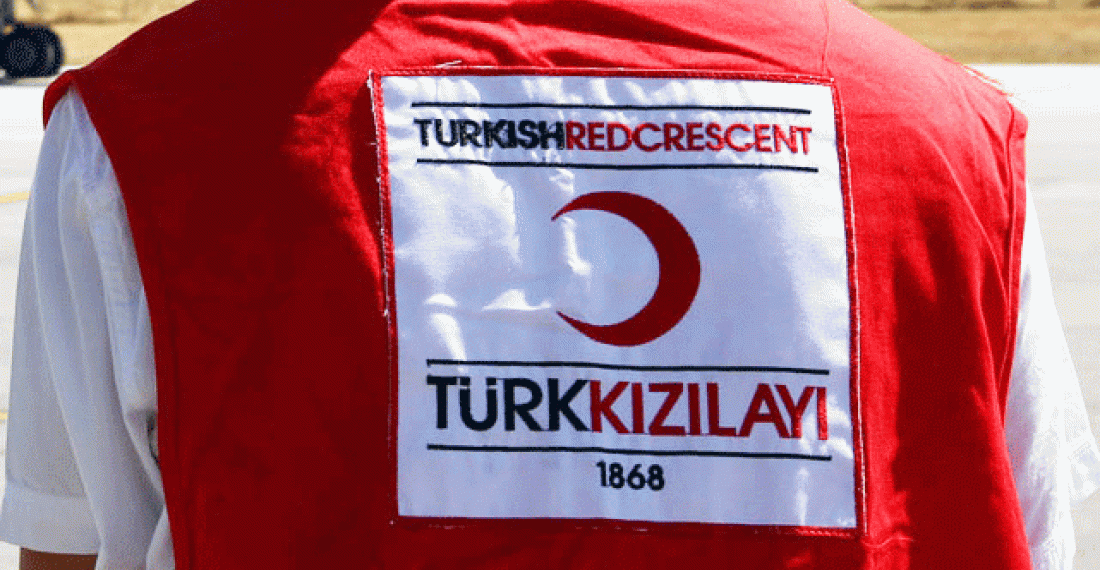The European Commission has extended two humanitarian flagship programmes in Turkey until early 2022. These programmes help over 1.8 million refugees meet their basic needs and will help over 700,000 children to continue their education.
Commissioner for Crisis Management, Janez Lenarčič, said: “The humanitarian needs of refugees in Turkey persist and are even further exacerbated by the coronavirus pandemic. The EU is fully committed to support those in need, as we have done for the past years. I am glad that our flagship programmes help thousands of refugee families have some normality in their daily lives. This is a true demonstration of European solidarity.”
The commission said in its statement that included in this extension are the Emergency Social Safety Net (ESSN), which provide cash assistance to refugees in partnership with the Turkish Red Crescent (Kizilay), and the Conditional Cash Transfers for Education (CCTE), which provide support to families whose children attend school regularly.
The programs, originally set up and funded under EU Facility for Refugees in Turkey, will now be funded under the EU budget, said the statement.
The EU is now allocating €485 million ($591.6 million) to support refugees in Turkey via the two programs.
"Turkey hosts close to 4 million refugees, with 70% of them children and women. More than 98% of refugees in Turkey live outside camps. Some 3.6 million are Syrians who fled the ongoing war," said the statement.
In 2016 the EU and Turkey concluded a deal in which the EU promised to provide €6 billion in financial assistance to finance projects for Syrian refugees, and Turkey agreed to help stop irregular migrants from heading to Europe.
The agreement has been successful in significantly reducing the number of crossings in the Aegean Sea, and preventing the loss of many lives.
But the EU’s bureaucratic hurdles and delays to mobilize promised funds led to sharp criticism by Turkish politicians adding further to already complicated relations between Turkey and the EU. However, the decision to move forward with the next stage of the programme indicates that both the EU and Turkey are trying to find common ground for co-operation in areas that are important for both.
source: commonspace.eu with the press service of the EU (Brussels) , Hurriyet Daily News (Istanbul) and agencies.
photo: The projects will be implemented through local partners, including the Turkish Red Crescent Society (archive picture)






